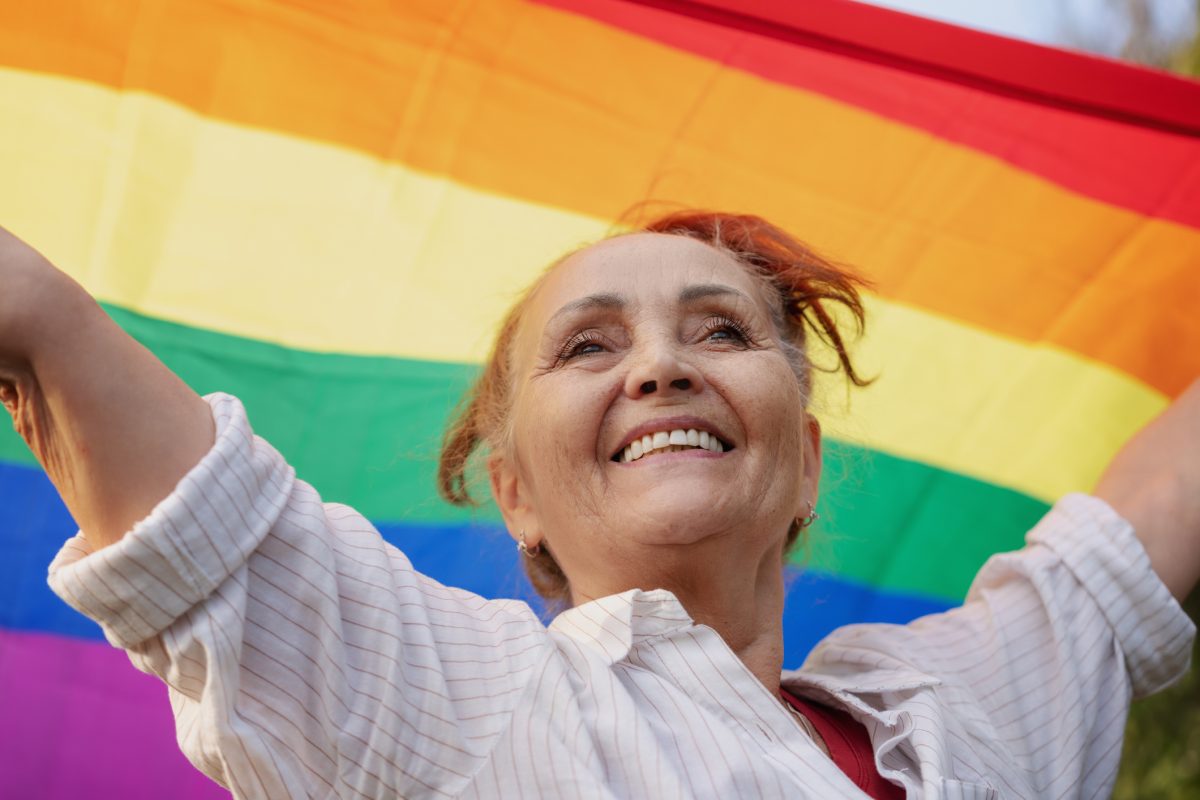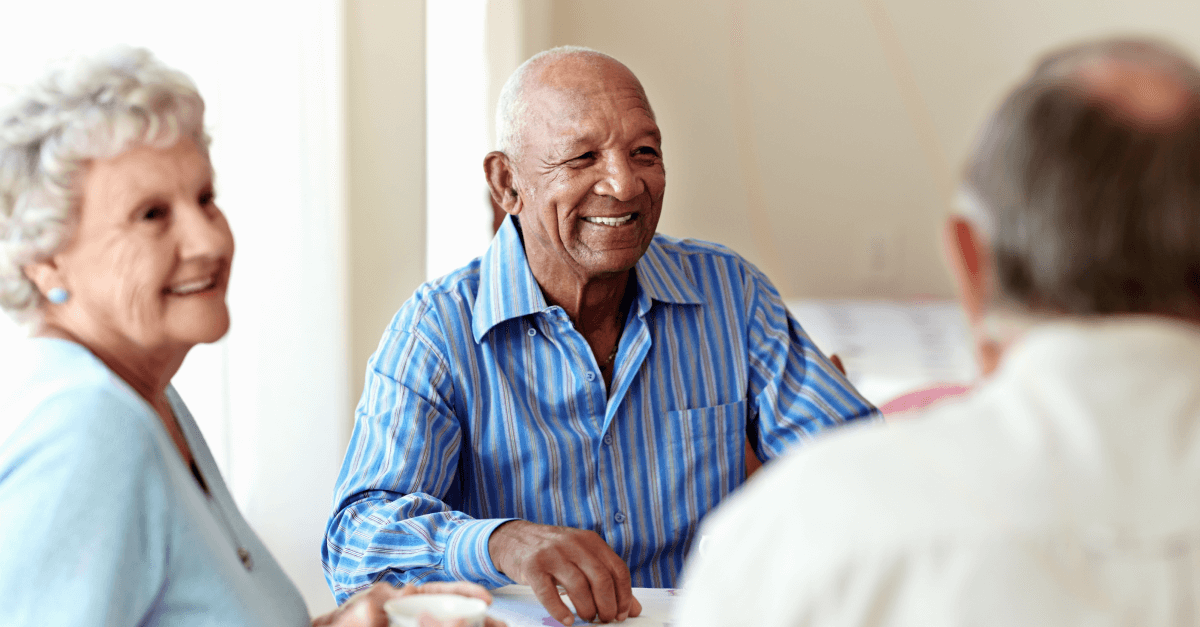Inclusion in Focus: Best Practices for Supporting LGBTQ+ in Nursing Homes

In today’s care homes, caring for the well-being of all residents takes on new dimensions, and inclusion of LGBTQ+ people is key. LGBTQ+ older adults often face unique challenges related to bias, loneliness, and lack of understanding of their identity. Introducing inclusive practices and creating a safe, respectful environment is an important step to ensuring that every resident feels accepted and valued. This guide provides best practices on how to provide support and comfort to LGBTQ+ older adults, allowing them to live a dignified and fulfilling life in their later years.
The unique needs of LGBTQ+ older people: new guidance for inclusive care in the UK
New guidance has been created to help ensure inclusive care homes support older LGBTQ+ people. A research team from the University of Kent, in collaboration with the University of Surrey and the University of Hertfordshire, has developed a free resource that aims to support the care of older lesbian, gay, bisexual and transgender people, taking into account their unique needs and identities.
The new guidance has been developed in collaboration with a group of older LGBTQ+ people and care home staff. A University of Kent spokesman said there was an “urgent need to improve” current standards, stressing that the guidance provides “practical advice for healthcare staff on how to take positive action”. It added: “Research shows that many older LGBTQ+ people continue to face discrimination and unequal treatment in health and care in the UK.”

“When it comes to care homes, many older LGBTQ+ people are afraid to ‘hide their true selves’ in order to feel safe,” said Dr Jolie Kimink, from the Centre for Health Services Research at the University of Kent. She said: “Research shows that older LGBTQ+ people are more likely to need social care than their heterosexual peers, as they are less likely to have children and have fewer social support services available.”
“Older adults in the LGBTQ+ community may face unique health challenges that increase their care needs,” she said, citing social isolation, substance abuse, dementia and HIV.
Global Experience: Countries Offering Safe Accommodation for Elderly LGBTQ+ People
Nursing homes for older LGBT people exist in various countries that recognize the need to create inclusive environments for these people. These facilities provide specialized care and an environment free from discrimination. Let’s look at a few countries where such homes have already opened or are in the works.
USA
The United States is one of the leaders in creating specialized homes for the elderly in the LGBTQ+ community. In major cities such as Los Angeles, New York, and San Francisco, there are several facilities that offer support and a comfortable environment for people who want to spend their old age among like-minded people. For example, Triangle Square in Los Angeles became the first LGBTQ+ nursing home in the country, opening its doors in 2007. These homes provide medical and psychological services, as well as create social conditions that take into account the identity of residents.

Germany
Germany has also begun to develop initiatives to create nursing homes for LGBTQ+ seniors. In Berlin, there is specialized housing for seniors from the community, where they can live in a comfortable environment without hiding their identity. In 2012, a home for LGBTQ+ people over 55 was opened, which became an example for other European countries.
Spain
Madrid is home to one of the country’s first care homes for LGBTQ+ seniors, which opened in 2020. The initiative aims to combat the isolation and loneliness that members of the community often face in traditional institutions.
Canada
Canada is also making strides in creating inclusive homes for LGBTQ+ seniors. Several facilities have opened in Toronto that provide specialized support to LGBTQ+ seniors, creating a safe and comfortable space for them to live.
Thus, several countries are already successfully creating such homes, helping older people feel protected and accepted.
